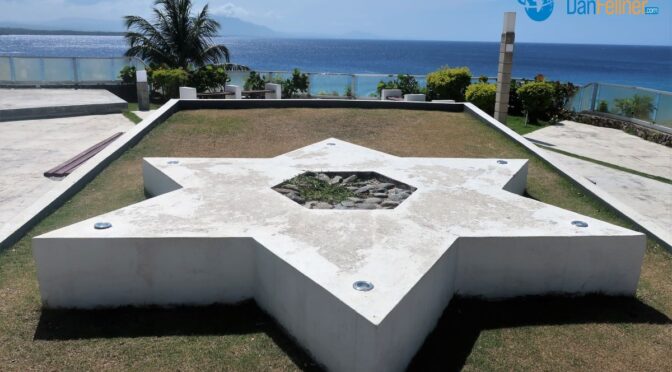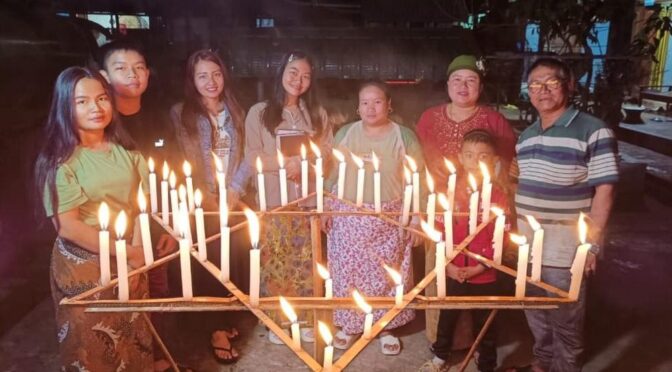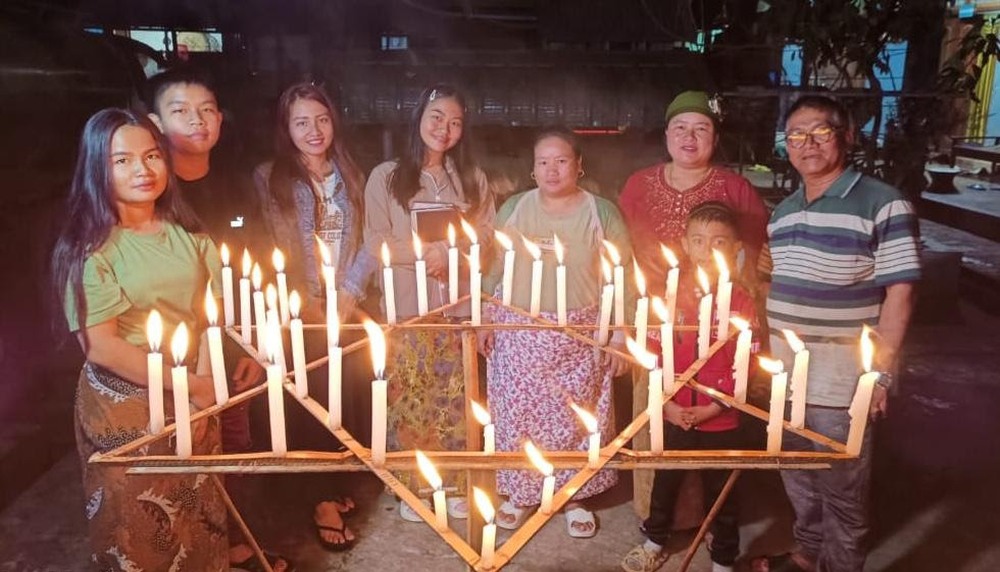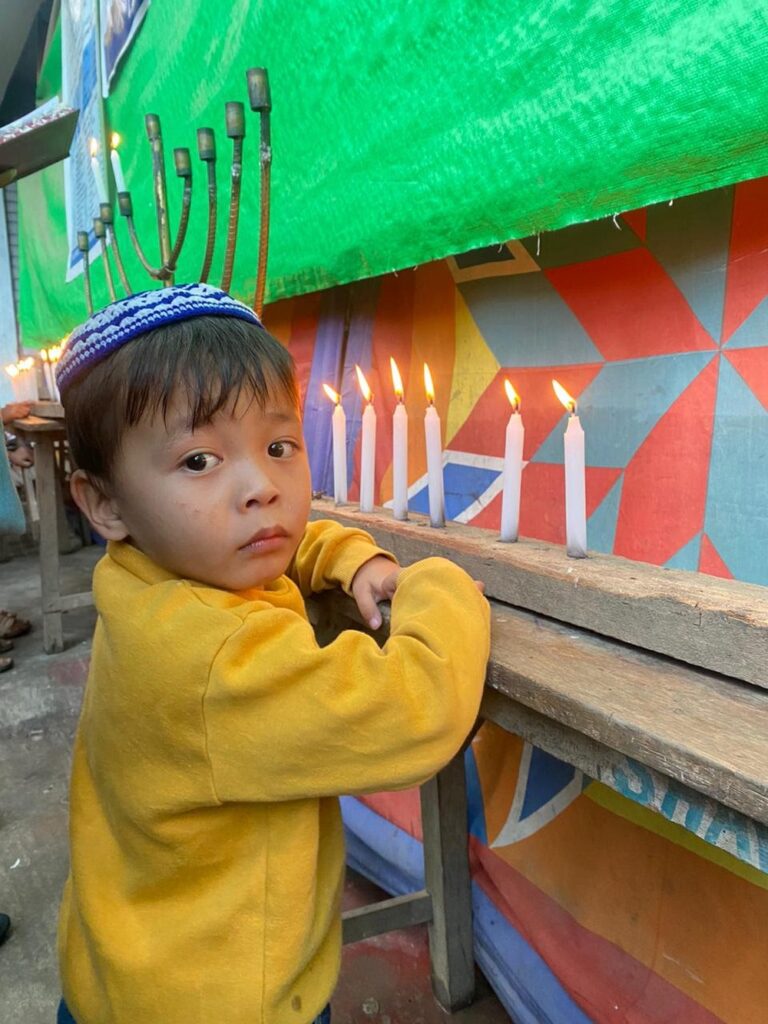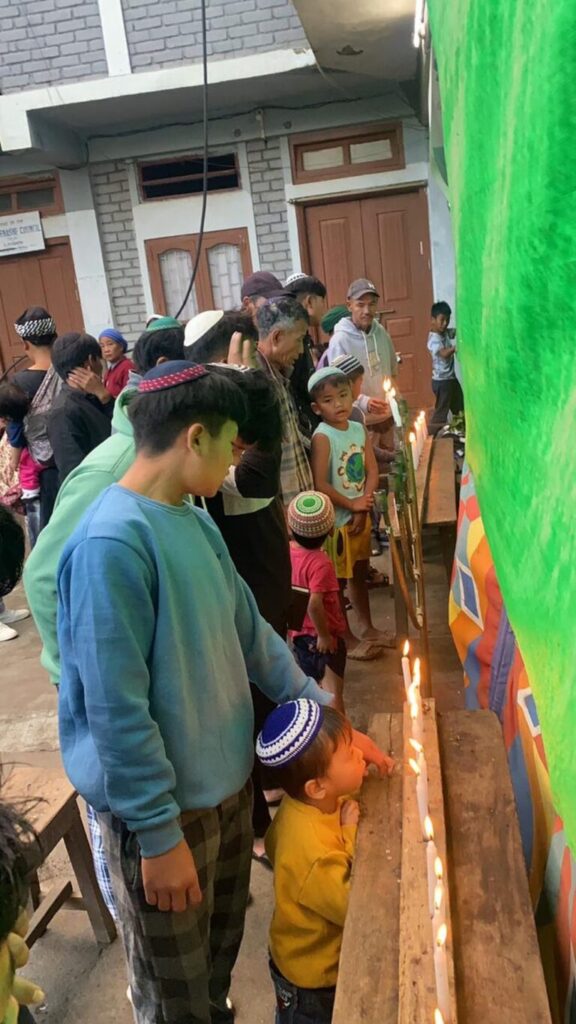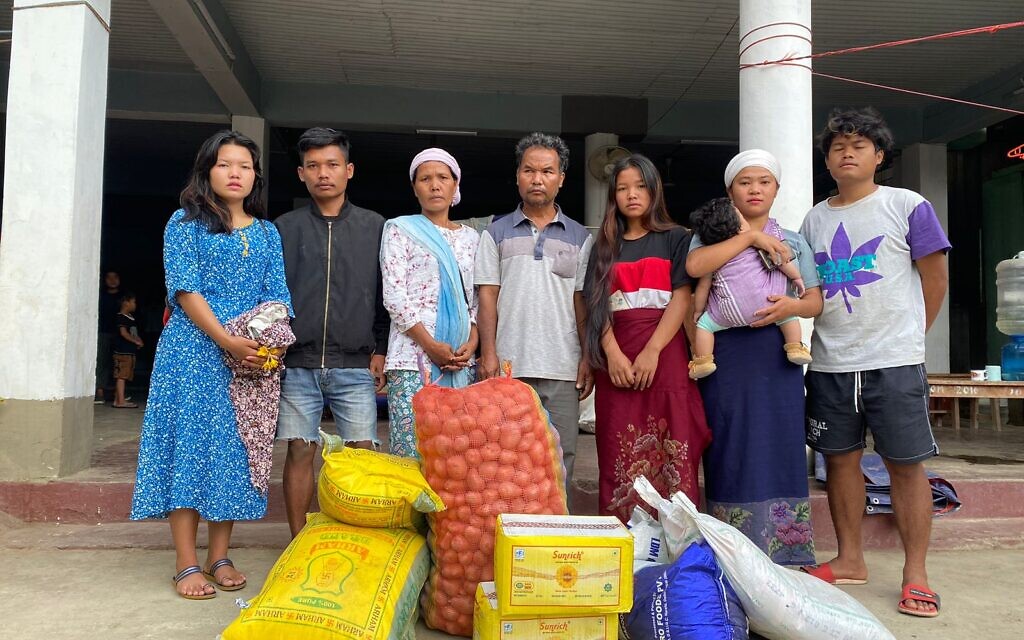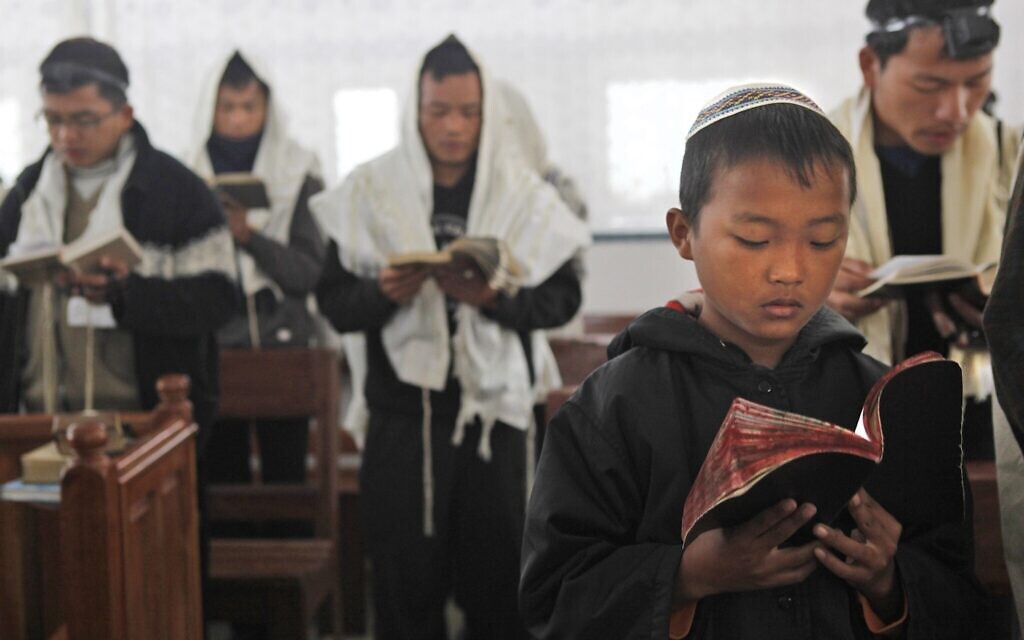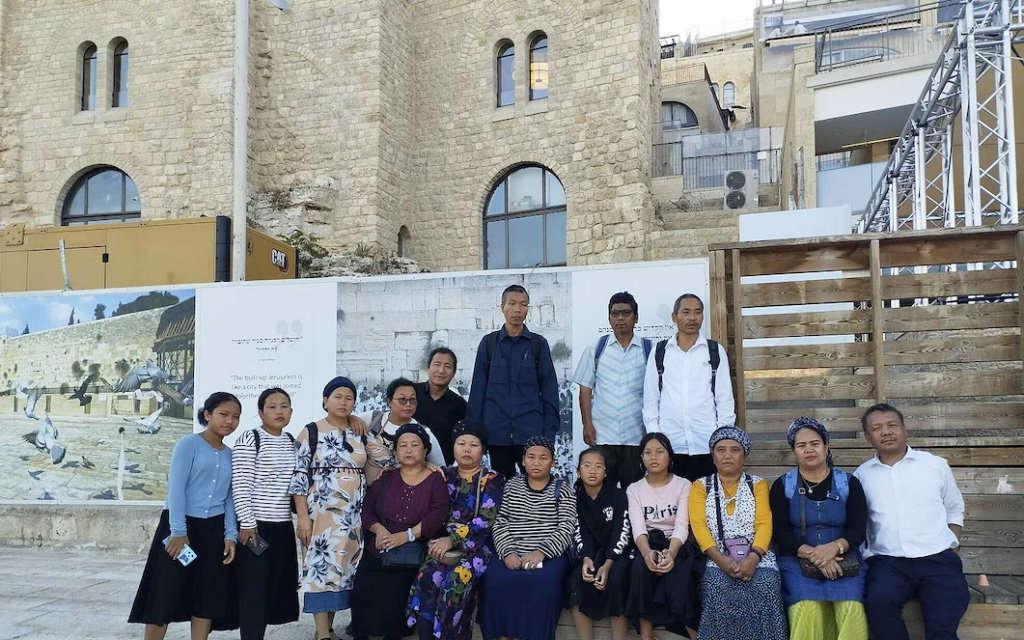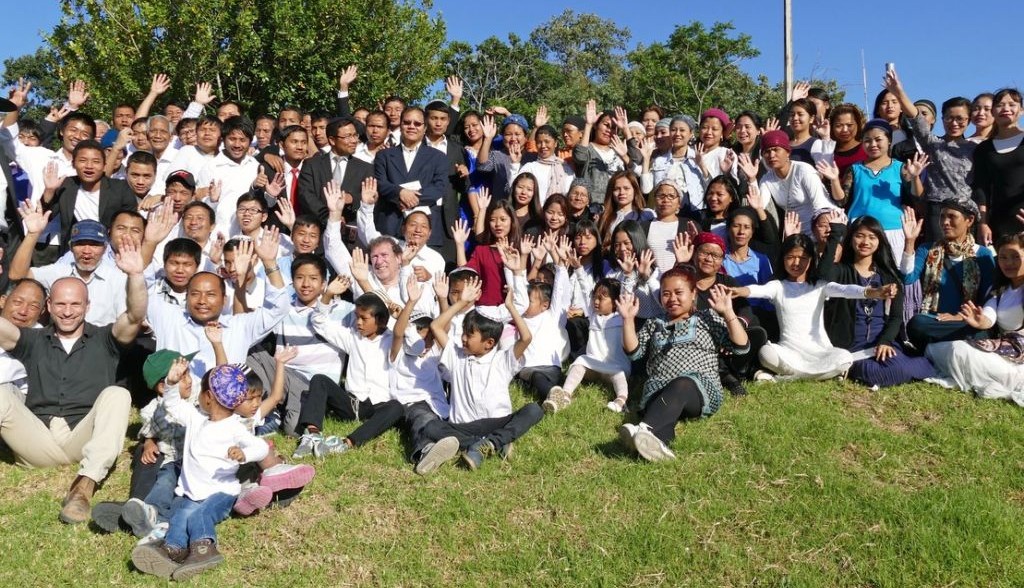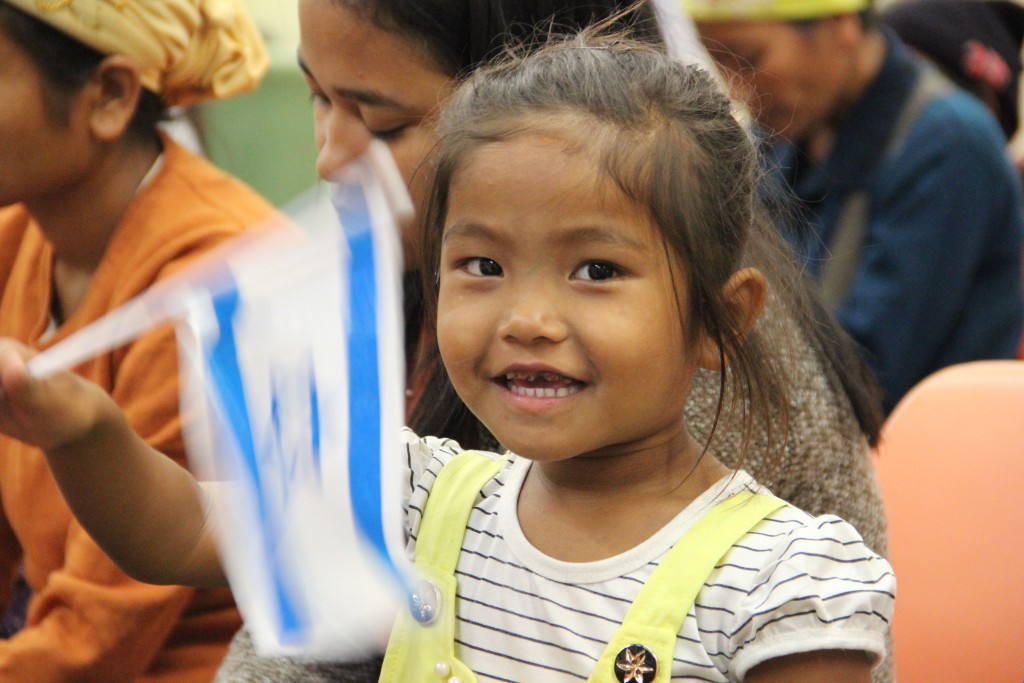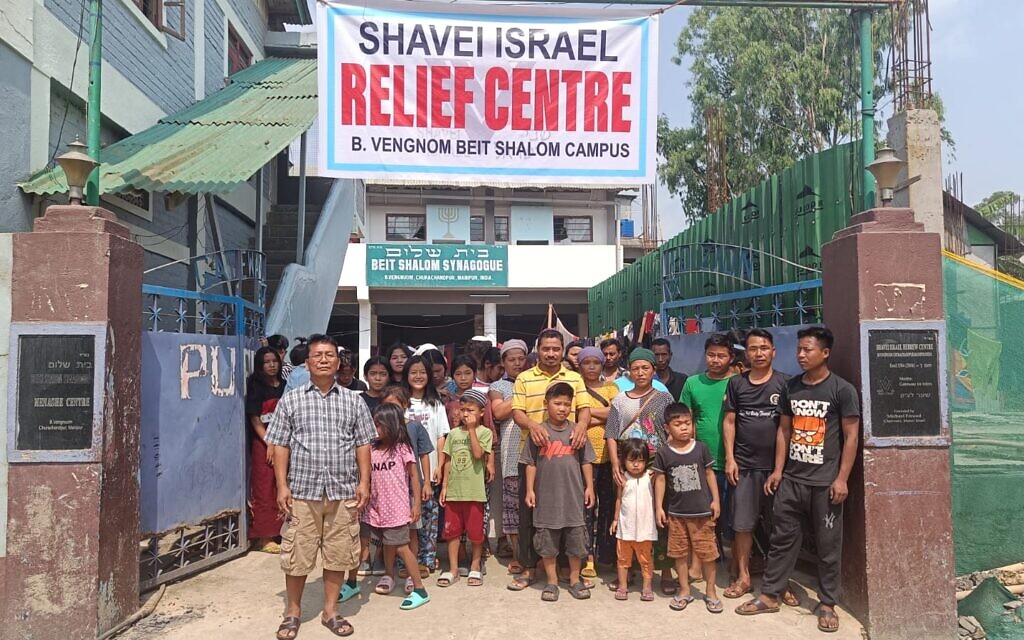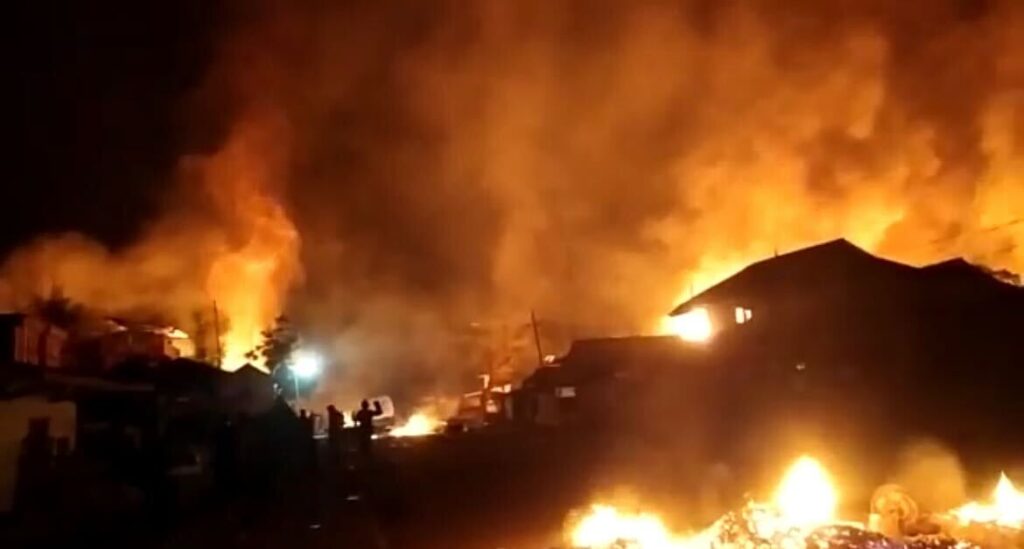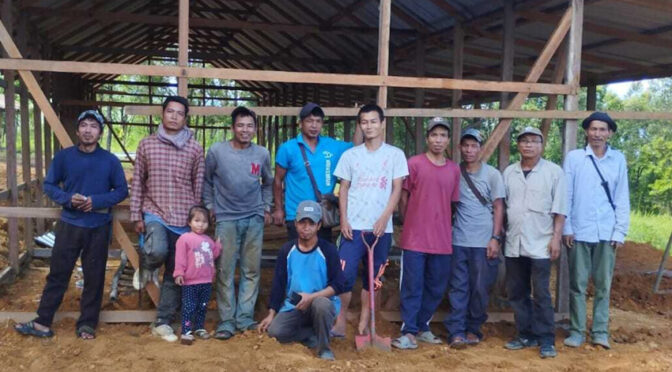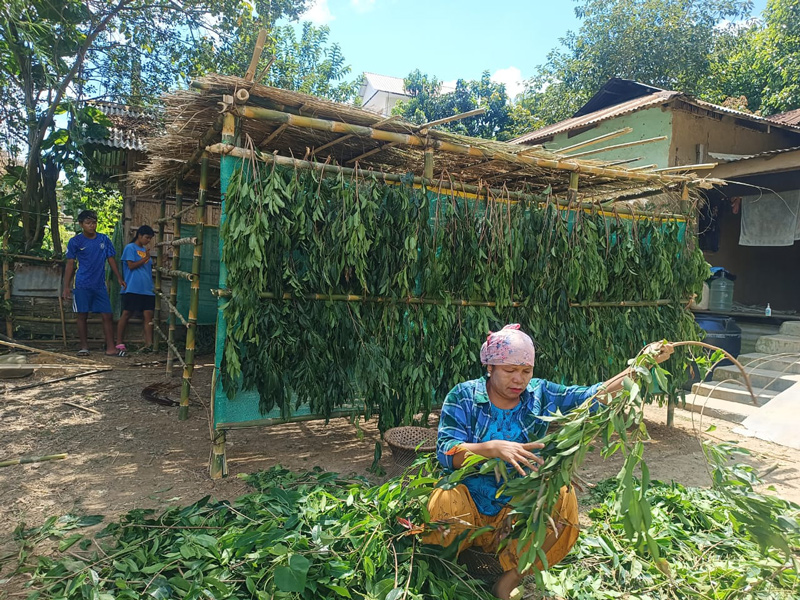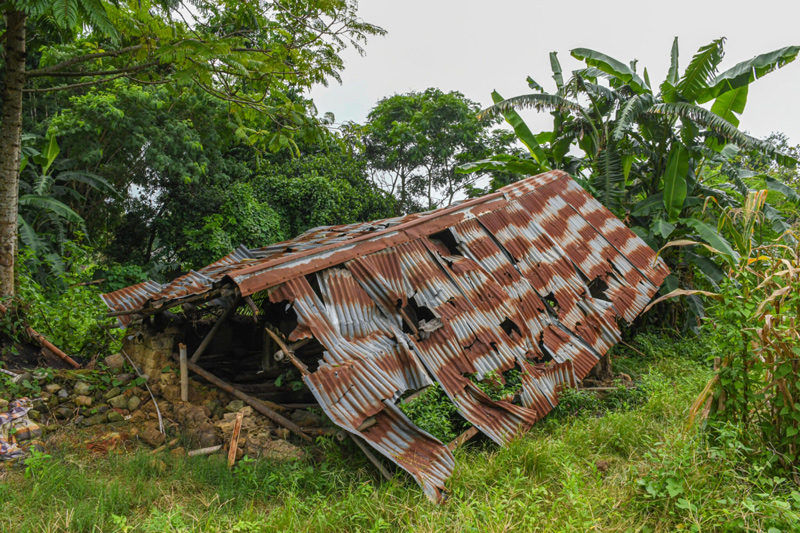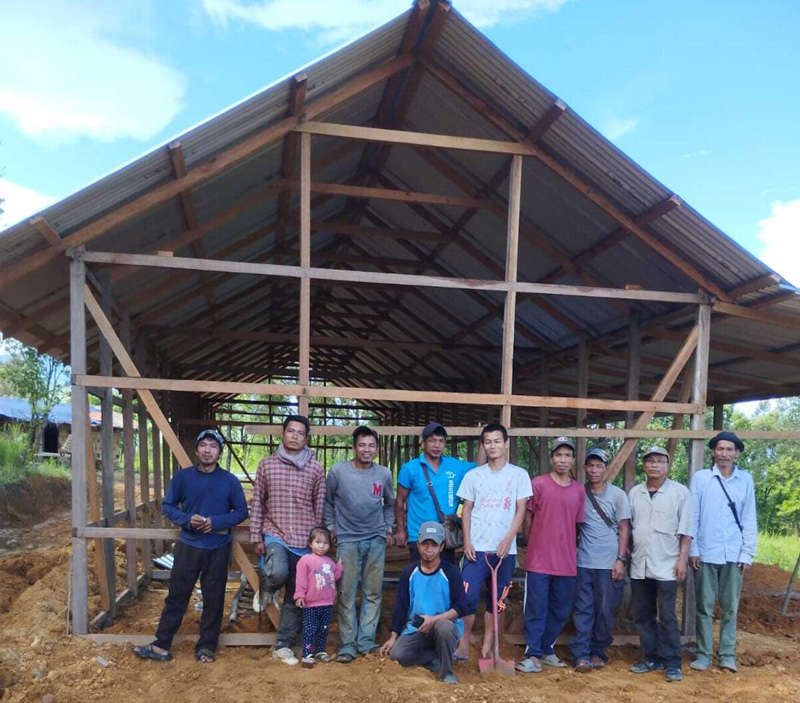Museum project could help tell the little-known story of Holocaust refugees who found a haven in Sosua
By Dan Fellner
SOSUA, Dominican Republic — Sitting inside a small wood-frame shul just around the corner from Playa Alicia, where tourists sip rum punch while watching catamarans glide by, Joe Benjamin recounted one of the most uplifting but often forgotten stories of Jewish survival during the Holocaust.
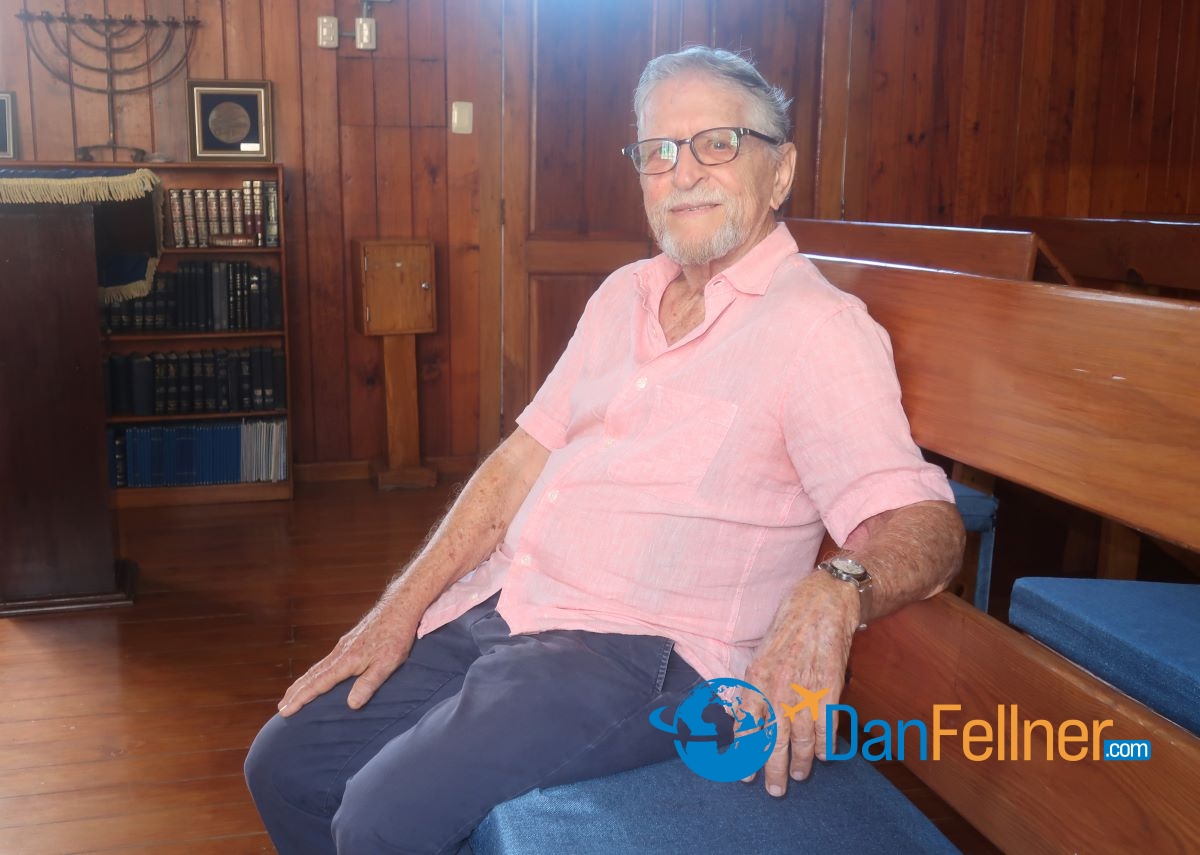
“I was bar mitzvahed right here,” he said, pointing to a podium at the front of the sanctuary in La Sinagoga de Sosua, built in the early 1940s to meet the spiritual needs of about 750 German and Austrian Jews.
At the time, the Dominican Republic was the only country in the world that offered asylum to large numbers of Jewish refugees, earning the moniker “tropical Zion.”
Benjamin, 82, is president of the Jewish community of Sosua and one of only four surviving second-generation Jews remaining in this touristy beach town on the northern coast of the Dominican Republic. His parents were part of the unconventional colony of Jewish immigrants who established an agricultural settlement between 1940-47 on an abandoned banana plantation overlooking the Atlantic Ocean.
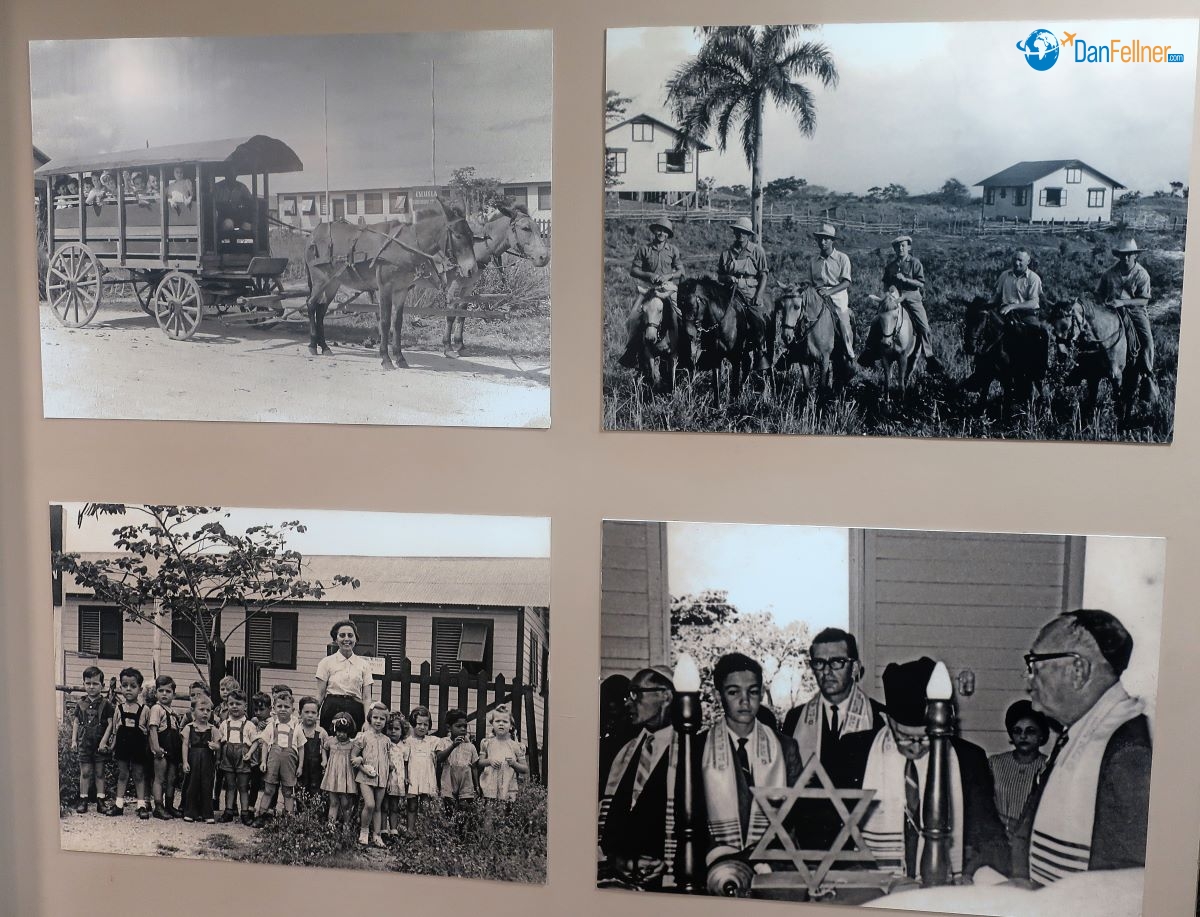
“When I talk about that, I get goosebumps,” Benjamin said. “This is a distinction that the Dominican Republic has. It was the only country that opened its doors to Jews.”
At the 1938 Evian Conference in France, attended by representatives of 32 countries to address the problem of German and Austrian Jewish refugees wanting to flee Nazi persecution, the Dominican Republic announced it would accept up to 100,000 Jewish refugees. About 5,000 visas were issued but fewer than 1,000 Jews ultimately were able to reach the country, which is located on the same island as Haiti, about 800 miles southeast of Miami.
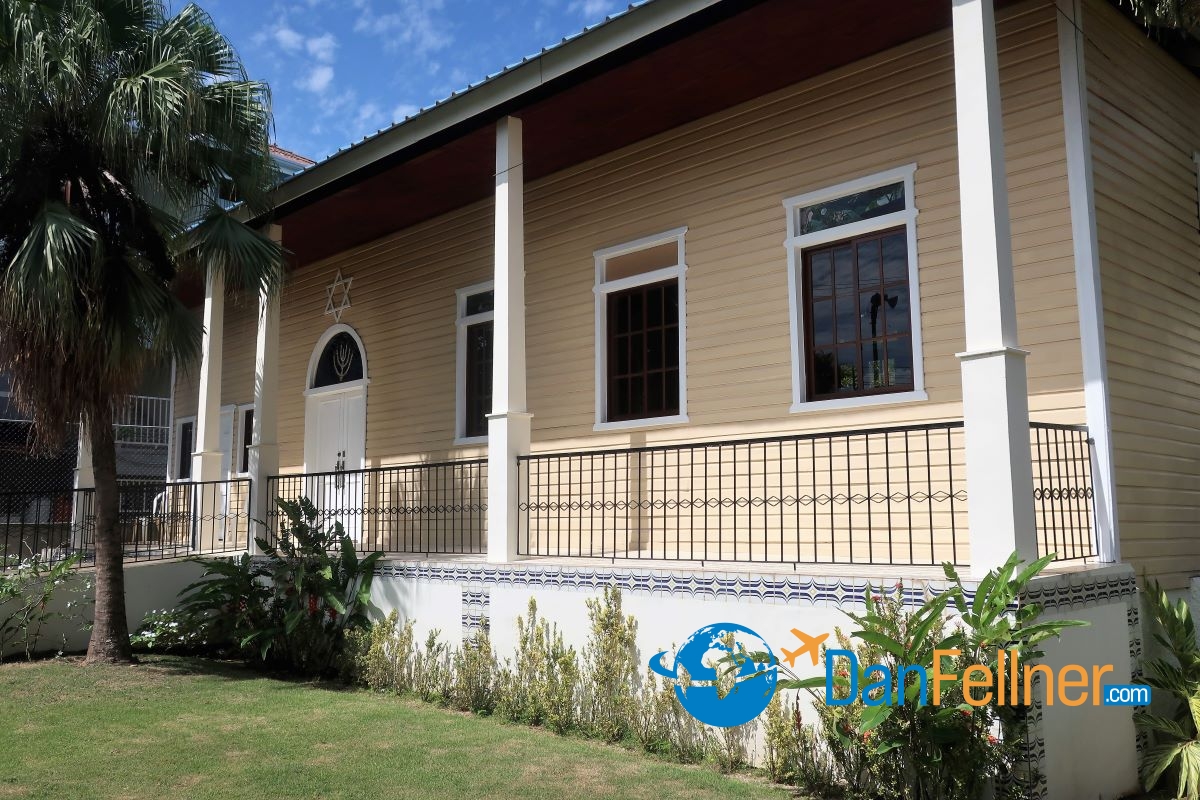
Benjamin was born in 1941 in Shanghai, the only other place besides the Dominican Republic that accepted large numbers of Jewish refugees during the Holocaust. Shanghai, then a divided city not under the control of a single government, did not require a visa to enter. About 20,000 Jewish refugees immigrated there, including Benjamin’s parents, who fled Nazi Germany in 1939. (See article by the author about Shanghai’s Jewish refugees: https://danfellner.com/2018/04/25/jewish-shanghai/).
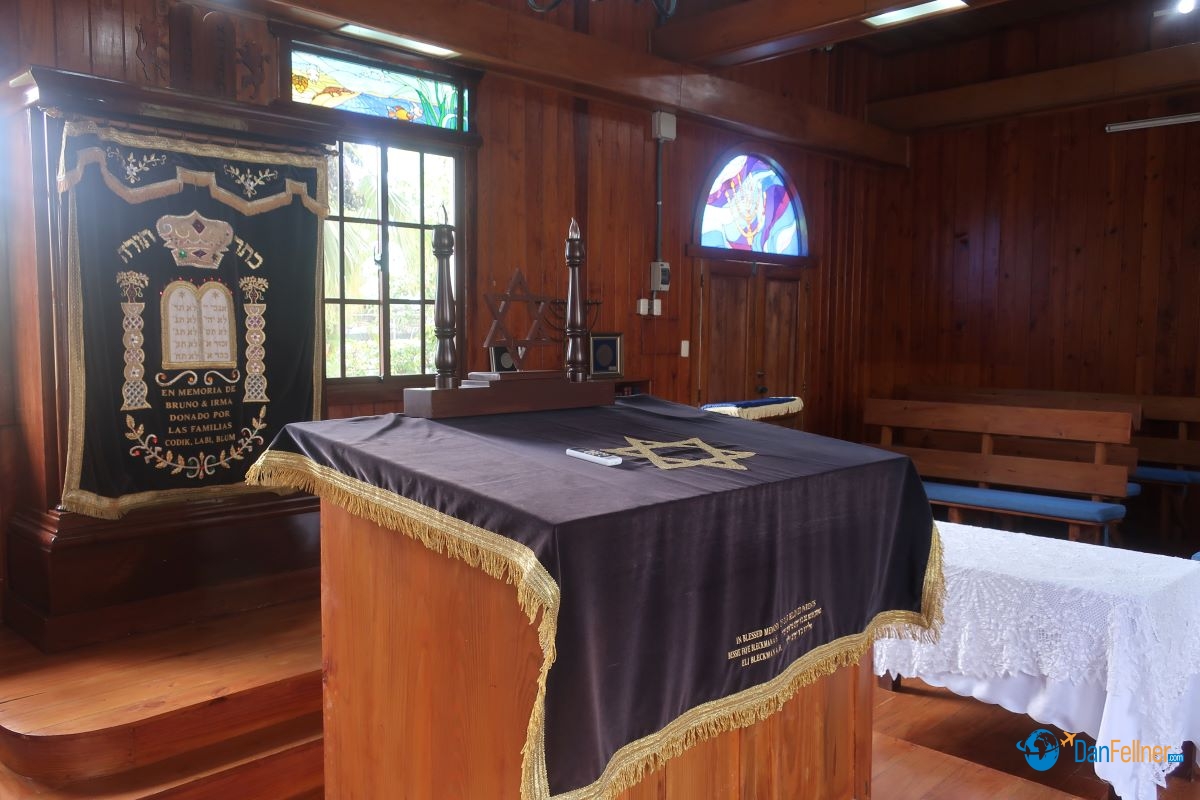
In 1947, with a civil war raging in China, Benjamin’s father realized the country “was getting a little difficult” and looked for another place to raise his two children.
“I think my father read it in a newspaper – there was a Jewish refugee colony in the Dominican Republic,” he says. “My father had no idea where that was, but he said, ‘I’m going there.’”
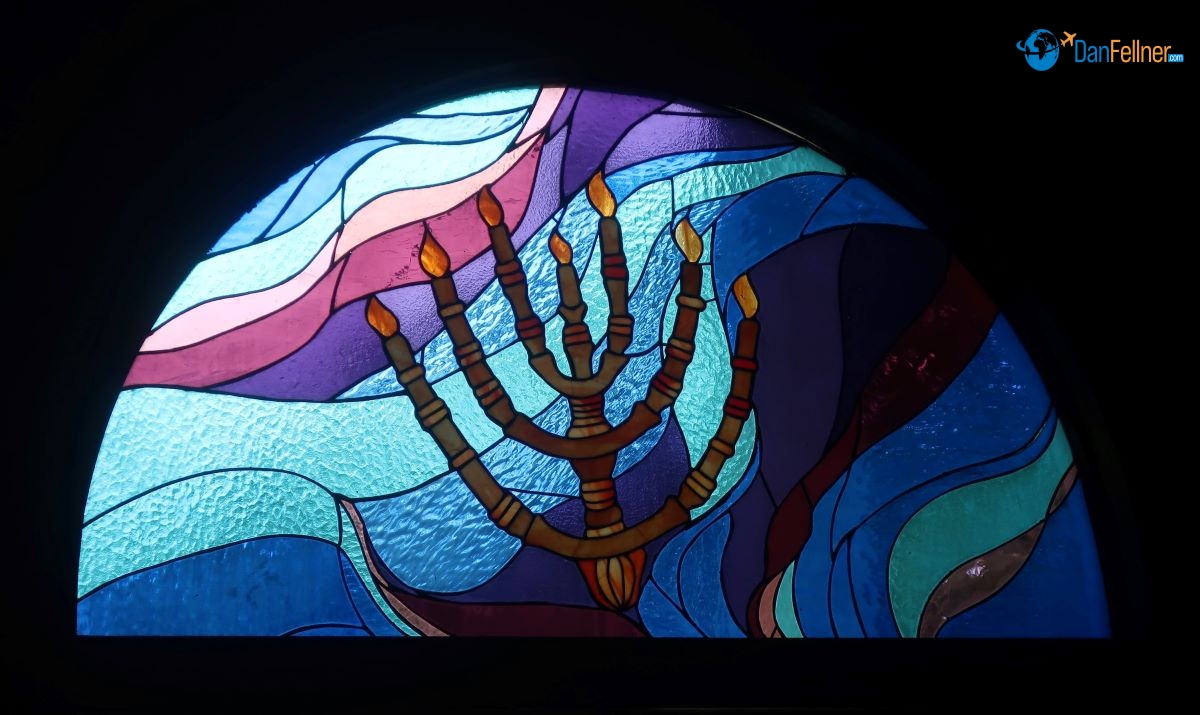
Benjamin’s family took a ship from China to San Francisco, a train to Miami, and then flew into Santo Domingo, the Dominican Republic’s capital city. At that time, the city was officially called Ciudad Trujillo after the country’s dictator, Generalissimo Rafael Trujillo, who ruled the Dominican Republic from 1930 until his assassination in 1961.
Historians suggest the Dominican dictator’s motives in accepting large numbers of Jewish refugees at a time when so many other countries — including the United States, Canada and the United Kingdom — turned their backs were fueled more by opportunism than altruism. It’s believed that Trujillo wanted to improve his reputation on the world stage following the 1937 massacre of an estimated 20,000 Black Haitians by Dominican troops. Furthermore, Trujillo liked the idea of allowing a crop of mostly educated immigrants who would “whiten” the country’s population.
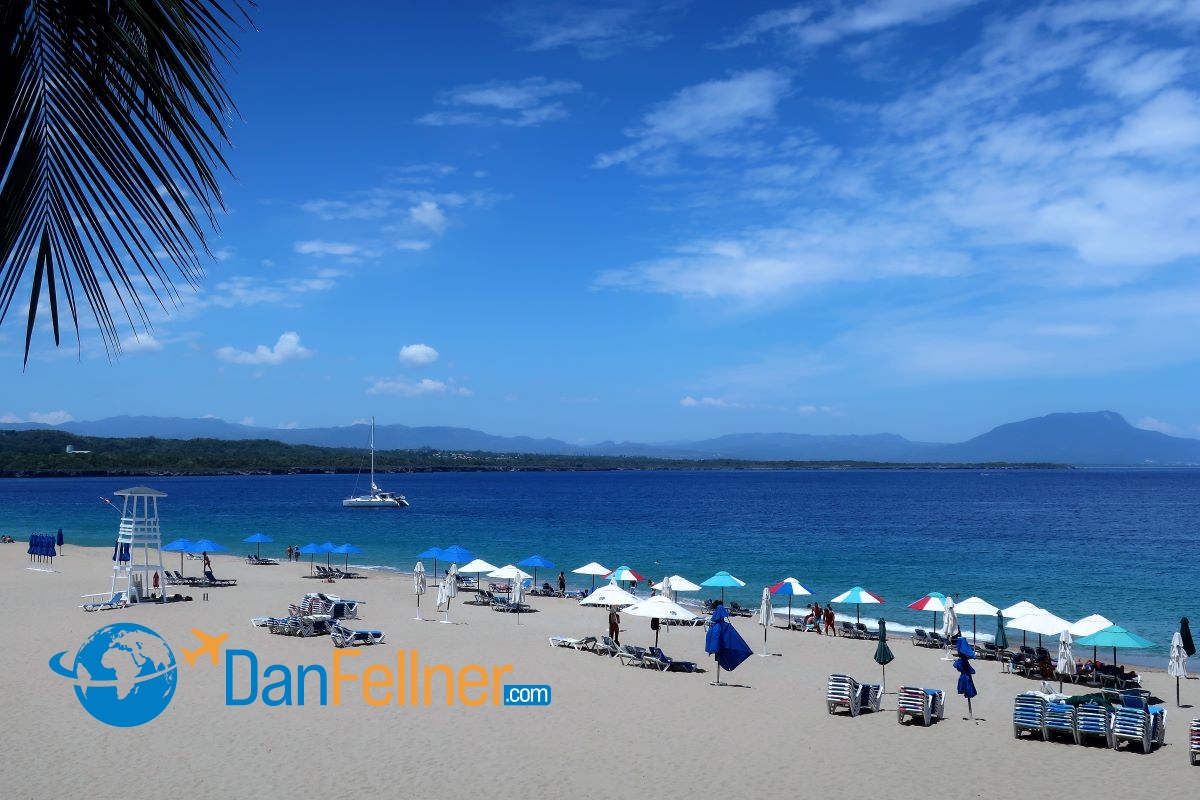
“He was a cruel dictator,” Benjamin said of Trujillo. “But it’s not for me to judge. Because for us, he saved our lives. If you’re drowning and someone throws you a rope, you hold on to it. You don’t start asking his motive. You just hold on.”
In 1947, Benjamin was among the last group of Jewish refugees to arrive in Sosua, one of about 10 families known by the other colonists as the “Shanghai group.” The Sosua settlement was run by an organization called the Dominican Republic Settlement Association (DORSA) that was funded by the American Jewish Joint Distribution Committee in New York.
“DORSA would give you 10 cows, a mule, a horse and a cart,” said Benjamin. “My father by profession was a cabinet-maker. He thought he was going to do that here. But there was no market for that. So he dedicated himself to farming.”
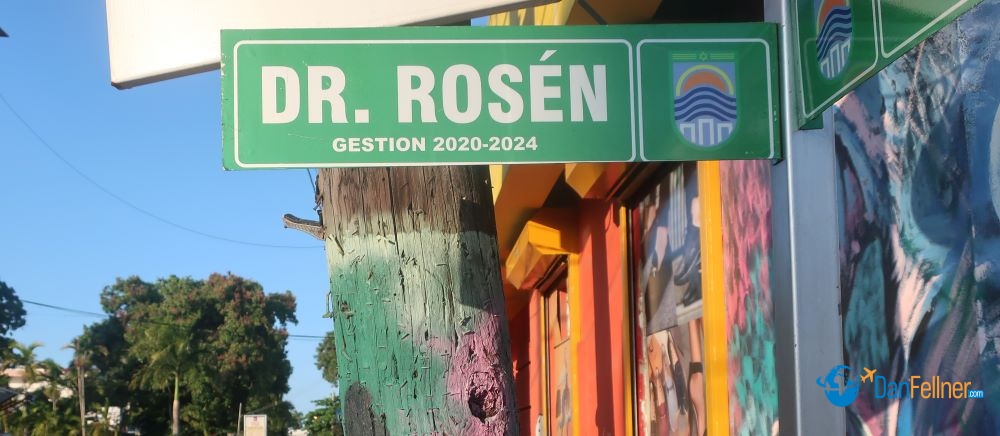
Benjamin said conditions in Sosua were “primitive” and a difficult transition for many settlers who had been city-dwellers in Europe. Still, he spoke fondly of a childhood in which he was relatively insulated from the horrors that befell so many other Jewish children his age.
“We had enough to eat,” he says. “We enjoyed the beach. And I went to a Jewish school.”
The school, originally called Escuela Cristobal Colon, opened in 1940 in a barracks and was attended by Jewish children as well as the children of Dominican farm workers. The school still exists and is now called the Colegio Luis Hess, named after Luis Hess, one of the Jewish settlers. Hess taught at the school for 33 years and lived in Sosua until his death in 2010 at the age of 101.
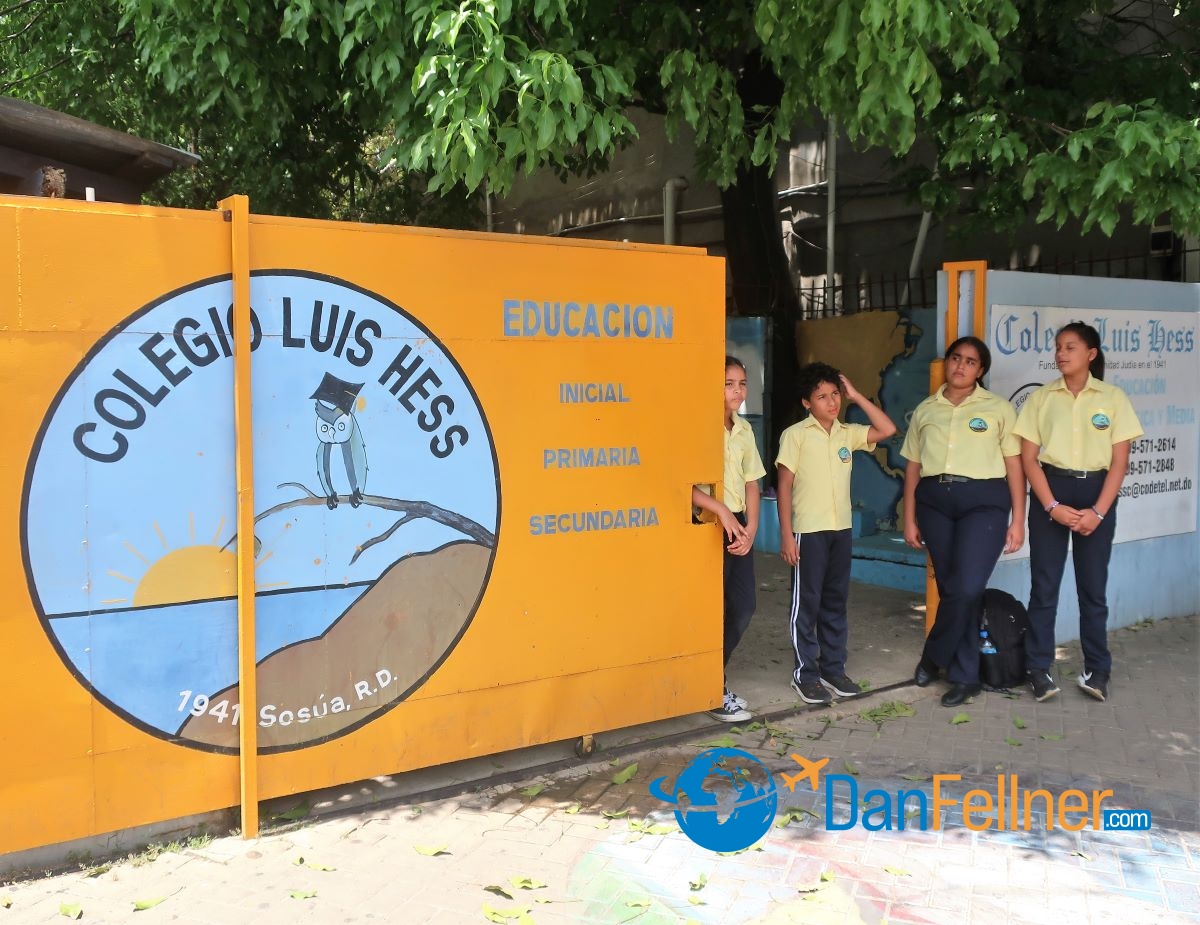
While the children attended school, men worked on farms and women cooked dinner for their families, who ate communal style. Beds were lined with mosquito netting to prevent malaria. As men greatly outnumbered women — Trujillo did not allow single Jewish women to enter the country — intermarriage was common.
Over time, the agriculture venture failed and DORSA instead decided to promote a beef and dairy cooperative, Productos Sosua, which ultimately proved successful.
After finishing high school, Benjamin moved to Pittsburgh to attend college (he’s an engineer who once built and flew his own airplane), got married and started a family. After 17 years in the United States, he decided in 1976 to return to the Dominican Republic, where he became an executive with Productos Sosua. He worked there until he retired in 2004, when the firm was sold to a Mexican company.
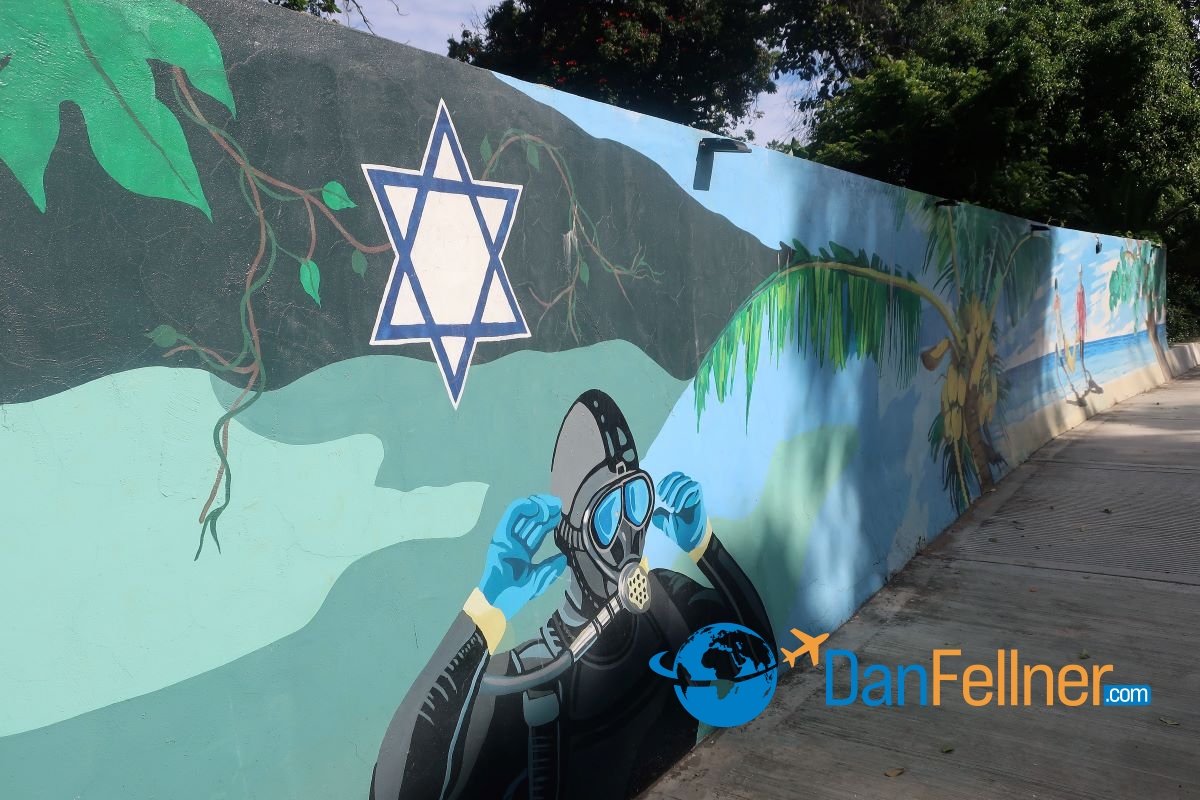
“All my life I talked about Sosua as my home,” he said. “I like it here. Everybody knows me.”
Today, Sosua is vastly changed from the sleepy town in which Benjamin was raised. In 1979, an international airport opened in Puerto Plata, just a 15-minute drive to the west. Sosua morphed into a congested tourist destination known for its golden-sand beaches and water sports. It also became a hub of the Dominican sex tourism industry.

Most of Sosua’s Jewish population immigrated to the United States by the early 1980s. Benjamin estimates that only 30-40 Jews remain in Sosua, most of whom are not religiously observant. As a result, the synagogue hasn’t been able to financially sustain a permanent rabbi for more than 20 years. Services are held only on the high holidays, when a rabbi is flown in from Miami.
Benjamin says a group of seven Jews chips in about $2,500 a month to pay for security and other operating expenses.
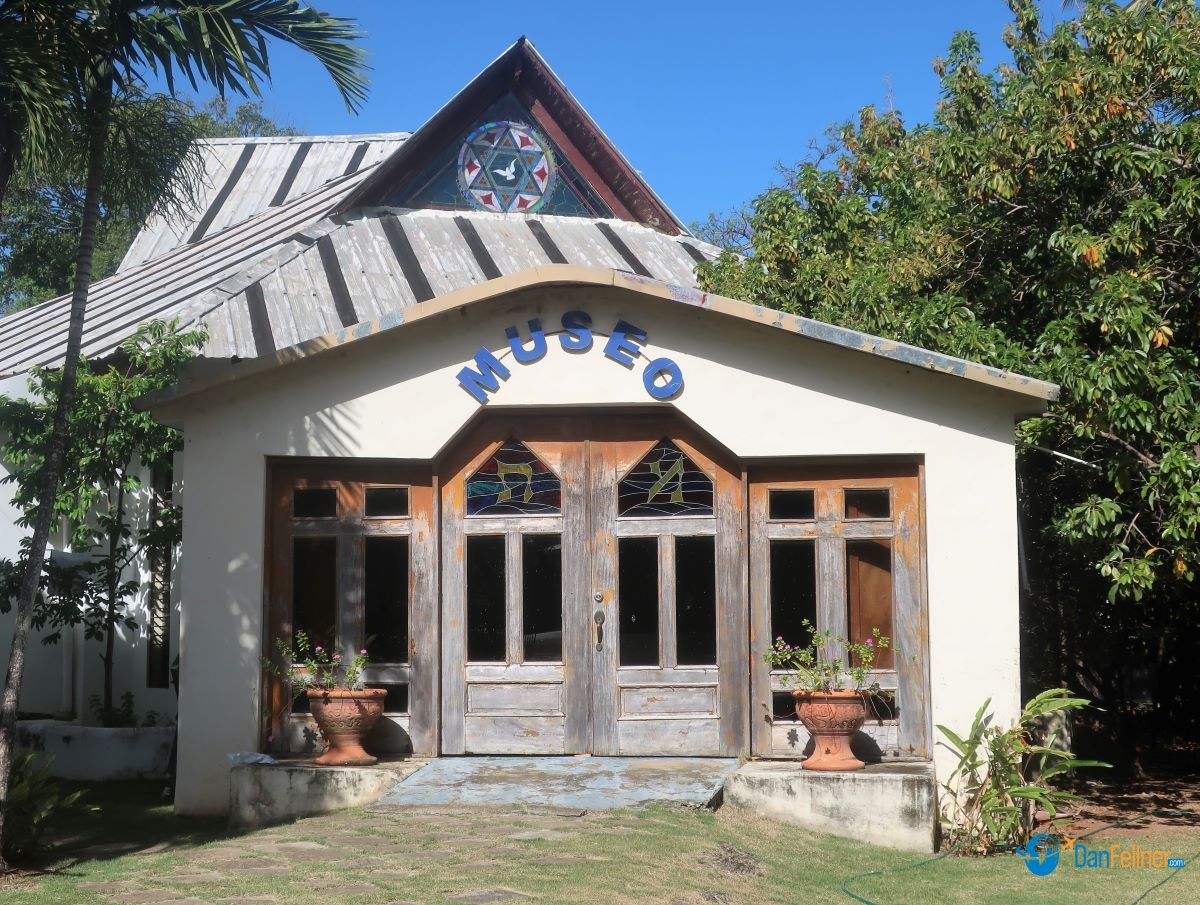
“It’s very hard to get the Jews here to pay,” he said. “When we bring in the rabbi, we try to charge something. But we don’t get any people if we charge.”
Next to the synagogue is a small museum called the Museo Judio de Sosua, which offers a window into the town’s Jewish roots. Five years ago, the U.S. Embassy in Santo Domingo donated $80,000 to the museum to preserve and digitize its archives. However, the museum, which is badly in need of repairs, has been closed for the past year.
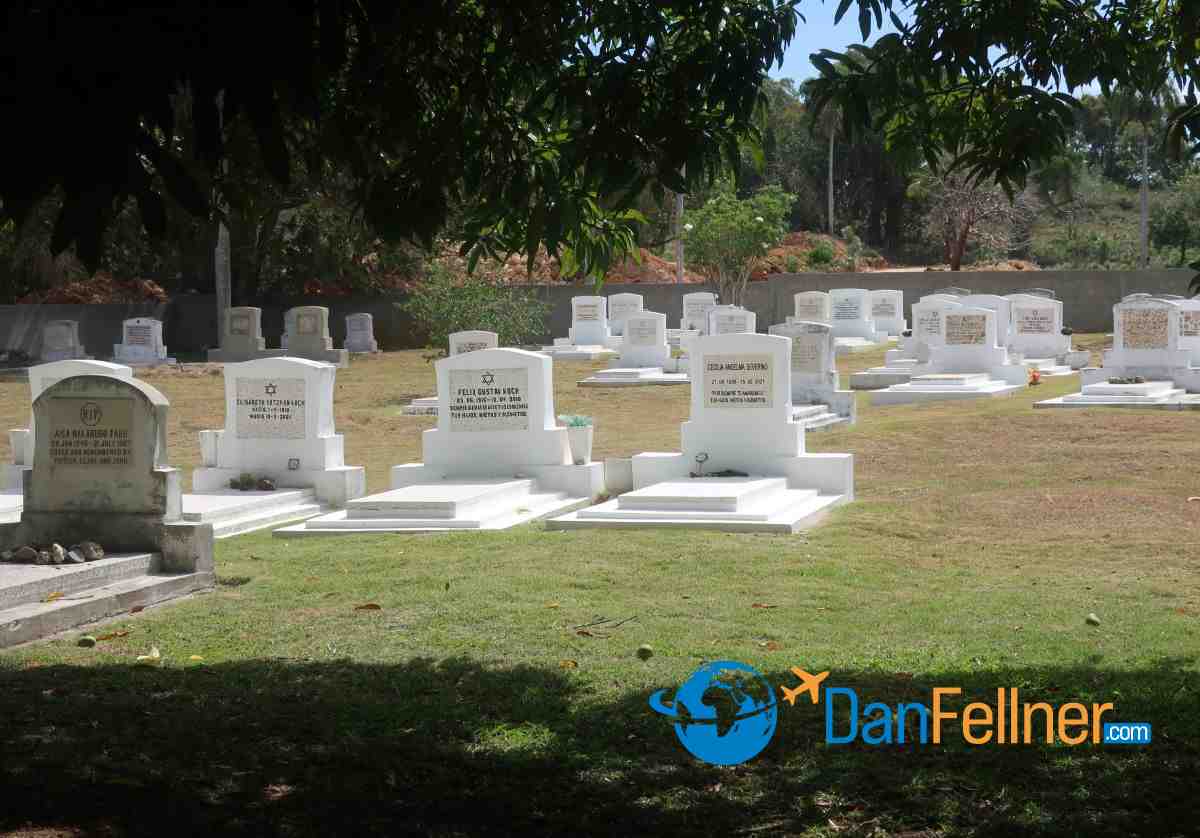
Benjamin has been in discussions with the Dominican government in hopes it will soon finance a major renovation of the museum that would include an exhibition hall big enough to accommodate 100 people for events. Benjamin says he is optimistic the project, which has a price-tag approaching $1 million, will be green-lighted by the government.
“They are very positive about it because it could become a tourist attraction,” he says, noting that Puerto Plata and nearby Amber Cove have become popular port-stops on Caribbean cruises originating in Florida. “If it comes to fruition, it will be in the next year. Because if they don’t do it by then, the government changes. And the next government never continues what the previous government started.”
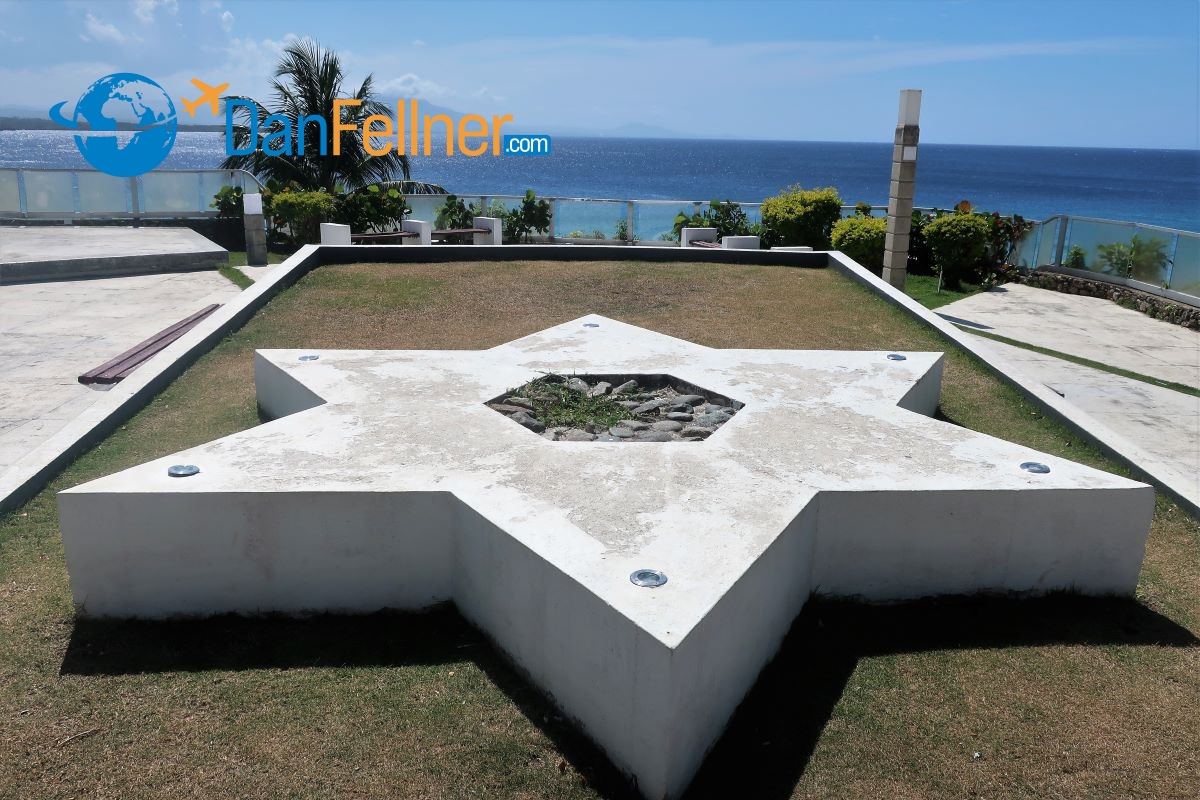
Otherwise, there are only a few remnants of Jewish life in Sosua for visitors to see. In Parque Mirador overlooking the Atlantic, there is a white cement-block star of David, built to honor the Jewish refugees. About 70 Jews, including Benjamin’s parents, are buried in a Jewish cemetery about a five-minute drive south of the synagogue.
The main street connecting Sosua with Puerto Plata has a street mural depicting the town’s history that features a large star of David right above a scuba-diver. And two of the most prominent streets in Sosua — Dr. Rosen and David Stern — still bear the names of two of the colony’s Jewish founders.
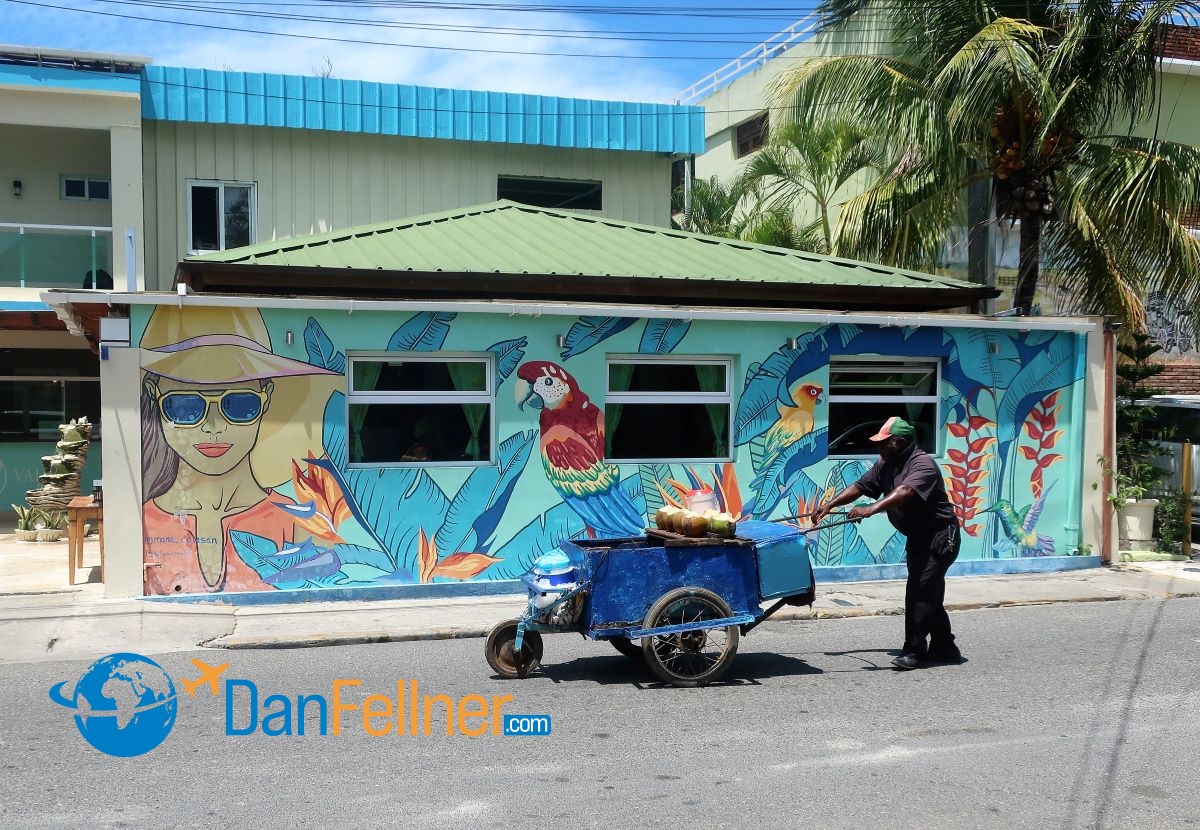
There had been an exhibition about Sosua’s Jewish colony at the Museum of Jewish Heritage in New York but it closed several years ago. All the more reason, Benjamin says, that the Sosua museum reopens as soon as possible so that the story of the Jews who found a Caribbean cocoon to ride out the Holocaust isn’t forgotten.
“Look at what’s happening in the world — there is a rise in antisemitism,” he said. “It’s very important that our history is documented. It will also be a place where Dominican schoolchildren can come and learn about Judaism.”
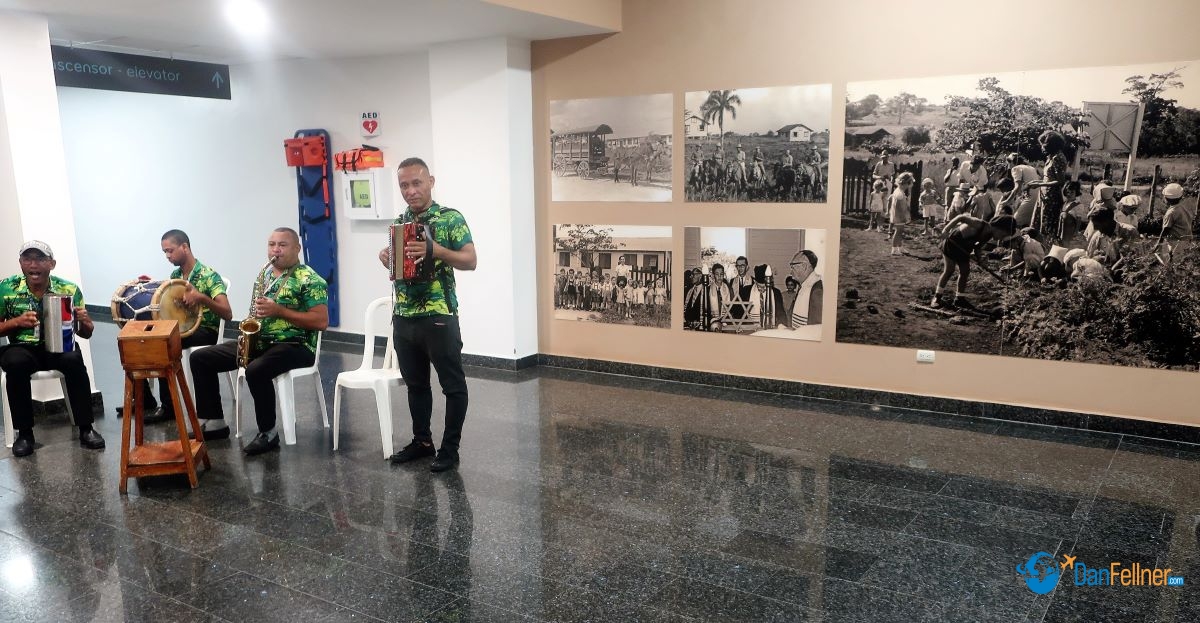
With the museum closed, the only place in the area to see photos of the Jewish settlers on public display is the departure lounge in Puerto Plata’s airport. Next to a Dominican band serenading travelers with meringue music, there is a display of pictures showing the colonists riding horses, tilling the fields, attending school and praying in La Sinagoga.
“When they came here, the Jews found no antisemitism at all in this country,” said Benjamin. “They were as free as anybody. They had a wonderful life.”

This article was originally published by The Jerusalem Post on April 30, 2023, and on Dan Fellner’s website. You can view the original article on his website by clicking here.

